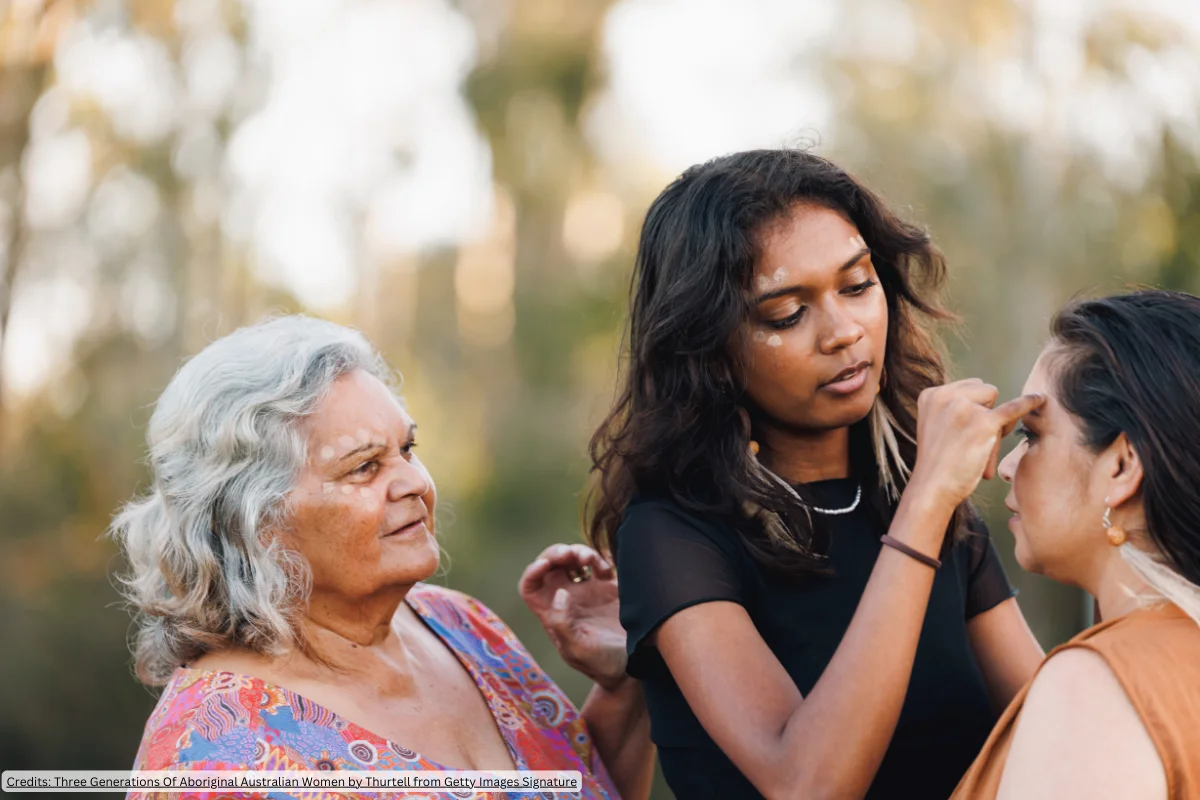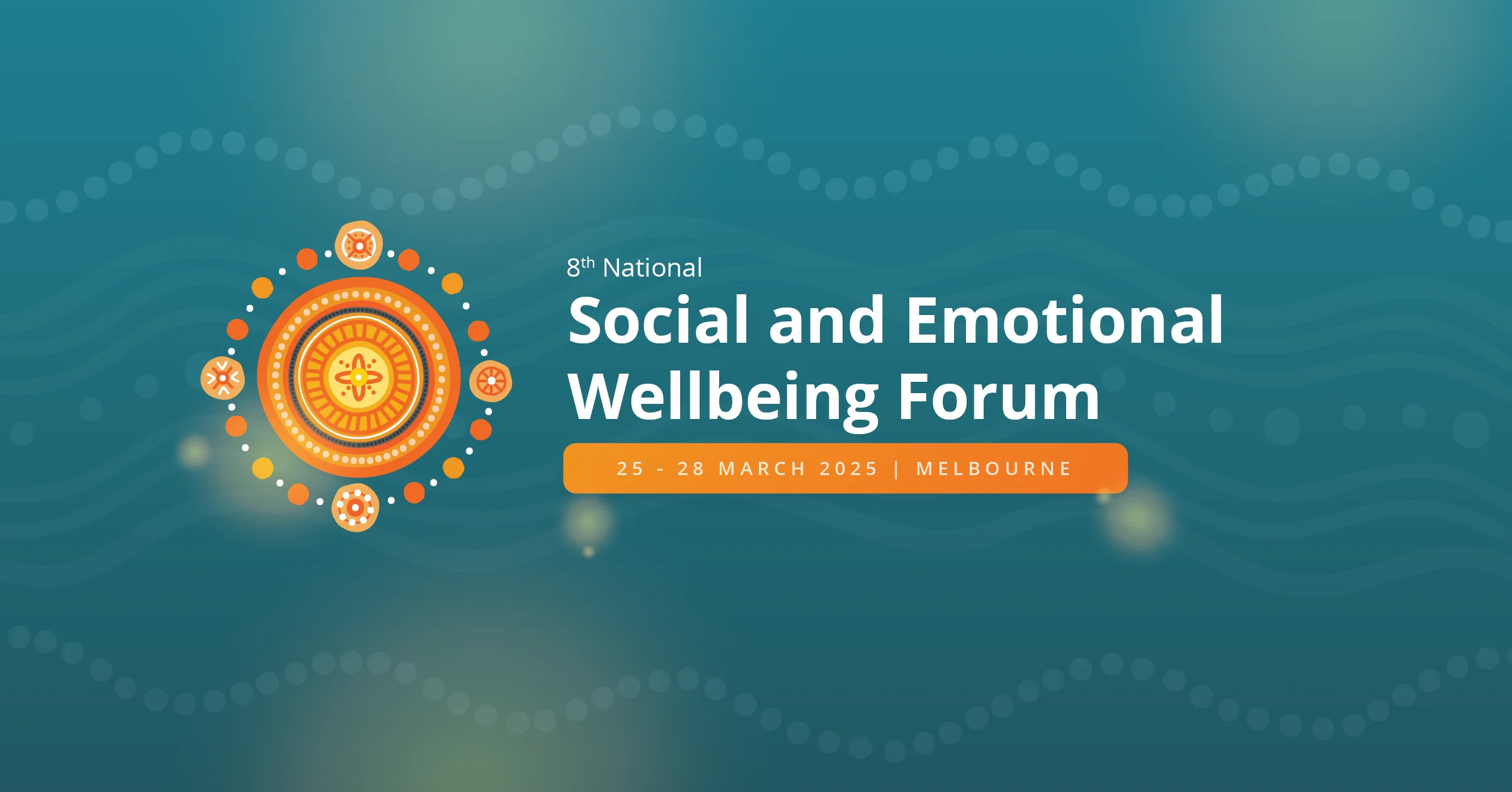Over 220 domestic and family violence workers and advocates from around NSW, including Rosie Batty and Jess Hill, have signed an open letter calling for further consultation for the coercive control draft Bill after the six-week consultation period closed at midnight last night, despite urgent ongoing advocacy for an extension. The proposed legislation also neglected to include significant consultation with victim-survivors.
Rosie Batty, Jess Hill and key domestic and family violence advocates warn the lack of consultation with victim-survivors may lead to disastrous consequences.
“Coercive control is an insidious form of domestic and family violence that often leads up to the physical abuse,” said domestic and family violence advocate Rosie Batty.
Batty also believes that if criminalisation is not given enough time for consultation with victim-survivors and experts in the field, the complex legislation has the potential to re-traumatise the people it was designed to protect.
“So many victim-survivors are not even included in the protections of this Bill, let alone the creating of it. As it is, this Bill could have far-reaching consequences of misidentification, silencing victim survivors and potentially more deaths. This legislation is supposed to be about empowering and protecting those experiencing violence, which in its current form fails to do so.” said Talie Star, Victim-survivor of family violence and advocate.
The open letter outlines three main concerns with the draft Bill, each a flaw that could enable perpetrators of violence to find significant loopholes. They include:
- The lack of a singular, concise definition of coercive control,
- The omission of family and other violence,
- The absence of an independent coercive control implementation taskforce
According to Elise Phillips, Interim CEO of Domestic Violence NSW, “Our justice systems are already overwhelmed dealing with current offences, with court dates more than 12 months in advance in some areas,”.
“The draft bill aims to provide justice for victim-survivors, but rushed legislation increases the risk that the prosecution will struggle to provide sufficient evidence to prove coercive control beyond reasonable doubt, which will result in low conviction rates. We must ensure any new legislation is done with adequate planning, training and consultation.”
Family violence activist and disability advocate Nicole Lee believes that the entire process is being rushed, and the NSW Government is not heading the warning from researchers and experts, both nationally and internationally and can create unintended consequences.











